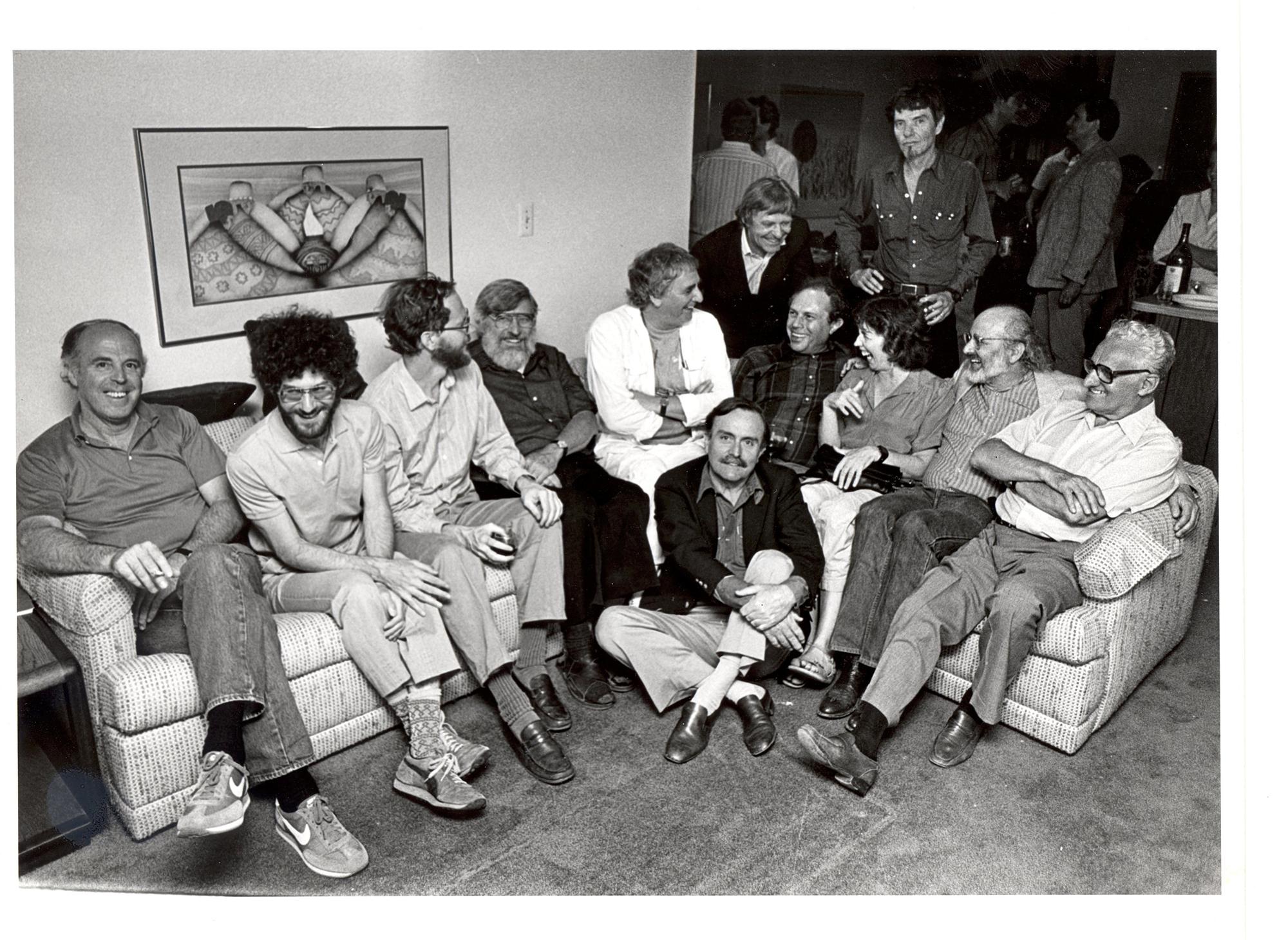
Paul Fromm (1906–1987) was one of the most significant patrons of contemporary art music in the U.S. in the second half of the twentieth century. He was an emigrant from Nazi Germany, and after re-establishing himself in Chicago, he dedicated the resources from his successful wine-importing business to his passion for new music. Fromm (and later, his foundation) commissioned hundreds of composers for new works, including major figures such as Elliott Carter, Milton Babbitt, Luciano Berio, and Gunther Schuller. At a time when few women composers received major commissions, Fromm supported the work of Joan Tower, Betsy Jolas, and Shulamit Ran, and let it be known that supporting female creativity was one of the Foundation’s goals. Although Fromm commissioned composers ranging from Ornette Coleman to John Cage, his special focus was on European and American modernism. Over the years, his focus shifted more and more to music in his adopted homeland.
Fromm’s other activities in support of contemporary music include his launching of the influential journal Perspectives of New Music in 1962, his initiative for a week of contemporary music at Tanglewood (which still continues), and his unstinting support for practically all of the notable new music ensembles in the U.S. The American musical landscape of the second half of the twentieth century would have been much the poorer without Paul Fromm.
Paul Fromm moved his Foundation to Harvard in 1972 (fifteen years before his death in 1987). Since then, the Fromm Foundation, under the guidance of an independent board led by the Chair of the Department of Music, has continued to commission new works from 12–15 composers a year, as well as support many other activities relating to new music in the United States.
—Anne Shreffler
